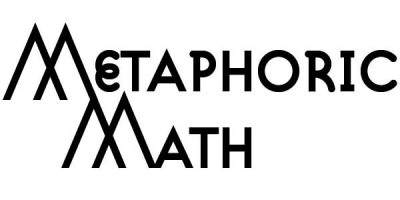The idea of making New Year’s resolutions for 2020 is a conflicting one for me personally, as I have never been one to make them.
I firmly believe that part of my dissatisfaction with my track record of achievements in life can be attributed to not setting enough clearly defined goals or outlining specific plans and methods to achieve the things I want. I’ve also neglected to enact systems to keep myself accountable and moving forward to promote an environment of ongoing positive change and growth.
Sure, I have high expectations for myself, and I do have a track record of setting goals and going after what I want and making things happen. But I know I am capable of so much more.
This morning I read a post from Tim Ferriss about conducting a Year in Review as opposed to making New Year’s resolutions, and the idea really resonates with me.
When I look back at the massive changes I made in 2019, I can recall a key component of the shift happened late last spring when I realized I was experiencing a bout of depression. I began reflecting on some big picture elements of the past few years and evaluating what was and wasn’t working about my day to day existence, and then pondered the likelihood that I would be in a similar position the following year if I remained on the same path.
I realized that while I certainly had several positive things to appreciate about where my choices had led me in the past few years, I needed to do some things much differently if I wanted to dramatically change my situation for the better. I didn’t have a specific intentional plan at first, but in the following months I started making changes that propelled me forward and led me to make a big decision to relocate from the tiny mountain town of Ouray to the city of Denver.
As I’ve been thinking about the start of 2020, I’m torn between wanting to try something new and outline some resolutions, or going against the idea altogether and following a less traditional approach to starting the year with intention for change. I certainly have a rebellious streak that makes me question whether it’s a good idea to assimilate to something that the masses do “just because.” On the other hand, I also believe that I can benefit from outlining some clear goals on paper, and the timing just happens to coincide so closely to the start of a new year that perhaps I should just roll with it? Is my resistance to making New Year’s resolutions an ingrained tendency that is holding me back? Or just part of my nature that I should accept?
Regardless of that conundrum, I can attest to the value of conducting a Year in Review, and believe this exercise is an important first step in deciding what is working and what you want to change. Basically, it’s like financial accounting. In business, you have to reconcile your books for the year. The columns of debit and credit directly impact your balance sheet. If you’re not hitting your targets, then you have to examine your income and spending and make necessary adjustments.
So it is with time and energy. How can subtraction and addition be used to modify the equation, and what investments and risks are you willing to make?
My 2020 goals are a work in progress, and as I explore different systems and strategies for goal setting and making resolutions, I’m inclined to try combining several approaches and see what makes sense enough to be a long term sustainable fit with my unique set of life circumstances and natural tendencies. The key is to be intentional about where time and energy are spent, and attempts should be made to calculate a return on investment.
I guess those college accounting classes were applicable to more than just understanding how to manage my business books.


SMART GOALS—- Specific- Measurable- Attainable- Relevant- Time Based. I have heard lots of talk about goal setting using this formula. As I am pondering how goal setting applies to math, this formula popped into my mind.
Yes! I touched on SMART goals in this post: Goals + Action = Success